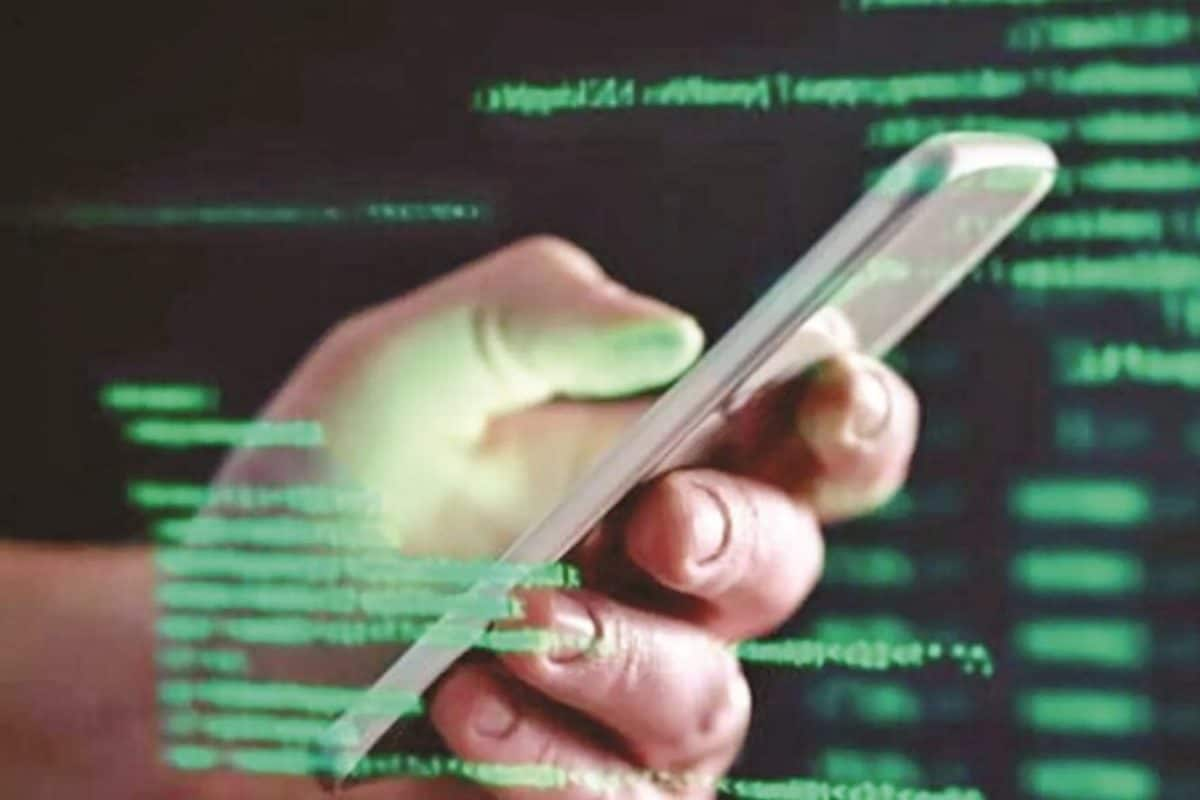

In a significant ruling, the Madras High Court has quashed a 2011 order by the Union Ministry of Home Affairs (MHA) regarding phone tapping, stating that it violates the right to privacy guaranteed under Article 21 of the Constitution. Justice N Anand Venkatesh, in his verdict on Wednesday, observed that the current law does not permit the tapping of telephonic conversations or messages for covert operations or secretive situations aimed at crime detection.
The ruling came in response to a 2018 petition filed by P. Kishore, the former Managing Director of Everonn Education Ltd., who challenged the MHA's order dated August 12, 2011, which authorized the interception of his mobile phone. The phone tapping was authorized under Section 5(2) of the Indian Telegraph Act, 1885, and Rule 419-A of the Indian Telegraph Rules, 1951, in connection with a CBI investigation into an alleged ₹50 lakh bribe to a senior Income Tax official.
The court emphasized that phone tapping constitutes a violation of an individual's right to privacy unless justified by a procedure established by law. It clarified that Section 5(2) of the Indian Telegraph Act authorizes the interception of telephones only in cases of public emergency or in the interest of public safety. These two conditions, the court noted, are not secretive situations and must be apparent to a reasonable person, as laid down by the Supreme Court in the People's Union for Civil Liberties (PUCL) case.
Justice Venkatesh stated that the MHA's order in Kishore's case did not fall under the ambit of public emergency or public safety, as explained in the PUCL case. The court observed that the case was a covert operation for crime detection, which does not fall within the permissible limits of Section 5(2) of the Telegraph Act. The court also noted that the officials contravened Rule 419A of the Indian Telegraph Rules, 1951, by failing to present the intercepted materials before the review committee within the stipulated time.
The CBI had argued that the surveillance was lawful and carried out to investigate corruption involving public officials, which is a matter of public interest. The agency contended that the alleged bribe given by Kishore to an Income Tax officer was sufficient cause for tapping phone conversations to prevent the commission of an offense. However, the court rejected this argument, stating that the need to detect corruption did not meet the legal threshold required to invade an individual's privacy through phone tapping.
The court clarified that while the CBI could proceed with other evidence gathered, the intercepted communications obtained through the MHA's order were invalid and could not be used for any purpose. The ruling emphasized that the right to privacy is a fundamental right under Article 21 of the Constitution and that any infringement on this right must be strictly in accordance with the law. The court observed that the phone-tapping order simply repeated the wording of Section 5(2) of the Telegraph Act without referring to any facts, showing no real application of mind. The court added that no matter how noble or well-meaning the intention, phone-tapping without a 'public emergency' or concern for 'public safety' cannot be justified as the law stands presently.